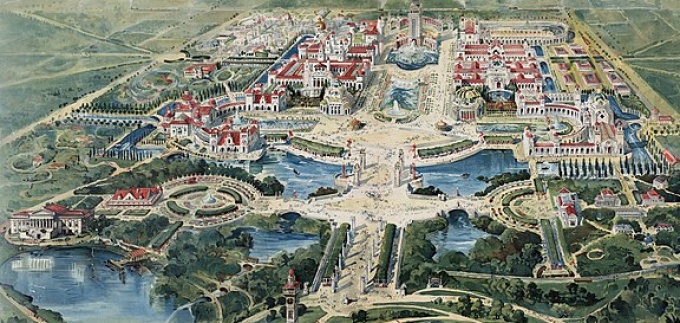Gilding the Guilt: The Gilded Age, Craft Production, and the Construction of Cultural Capital

“Gilding the Guilt: The Gilded Age, Craft Production, and the Construction of Cultural Capital”
The story of “Shakespeare” in America is more than a history of books and performances. It is also a story of politics and society—of race, class, gender, and their intersections, of “culture” in the fullest sense of the word—all of which is deeply inflected by the real and imagined past of particular places.
In spring 2023 the Folger Institute of the Folger Shakespeare Library in Washington, D.C. partnered with the University at Buffalo and Tulane University at New Orleans to offer weekend workshops which explored two significant cities and communities that exemplify chronological sweep and geographical reach in their broad cultural and specifically Shakespearean histories. Those studying the regional reception of Shakespeare in America, the tensions and synergies between high and low culture in the United States, book collecting, performance, and other related topics were welcomed to participate. Our web-site is the guide to and record of the Buffalo Workshop, and includes video tapes of its keynote addresses.
Co-Directors
Barbara J. Bono, Associate Professor Emerita, UB Departments of English and Global Gender and Sexuality Studies;
Carrie Tirado Bramen, Professor, UB Department of English
Stacy Carson Hubbard, Associate Professor, UB Department of English
Maria S. Horne, Associate Professor, UB Department of Theatre and Dance
Research Assistant and Website Developer
Kaitlyn Engel, Ph.D. candidate, UB Department of English
Grants and Funding
This project was chiefly supported by the resources and collaboration of the Folger Shakespeare Library in Washington, D.C. and the Buffalo & Erie County Public Library and UB Special Collections.
In addition we would like to thank the Roycroft Campus, the UB Office of the Vice President for Research and Economic Development, the UB Arts Collaboratory, the UB Humanities Institute, the UB Center for the Arts, the UB Office of Advancement, the UB Departments of English and of Theatre and Dance, and the UB James Agee Chair in American Culture for their generous human and material support.